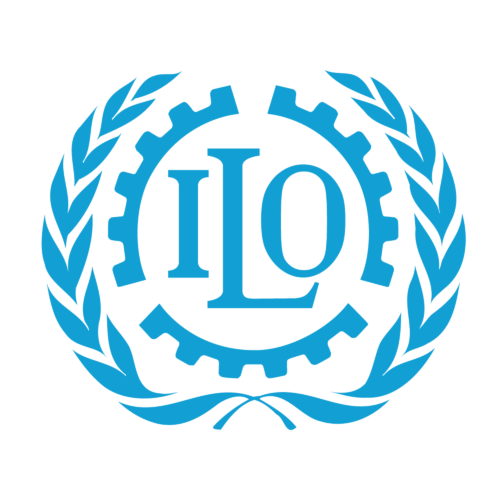By Own Correspondent
THE International Labour Organisation (ILO) working in partnership with the government has scaled up the formalisation agenda in a bid to unlock the vast talent embedded in the invisible economy.
The developments come at a time when global records show that the size of informal employment is at 61% .
In Zimbabwe an estimated 5,2 million people trade in the informal economy in Zimbabwe, 65% of whom are women being highly exposed to informal employment in most low- and lower-middle income countries and are more often found in the most vulnerable situations.
The ILO, together with other UN agencies, is supporting the government of Zimbabwe to develop a national formalisation strategy.
This was after the government requested the ILO for technical support to formulate a comprehensive National Strategy and Implementation Plan to Facilitate the Transition from Informal to the Formal Economy in Zimbabwe through a consultancy.
The strategy is expected to be aligned to the ILO Recommendation 204 on the transition from the informal to the formal economy.
ILO’s Informal Economy Specialist at the Harare Office, Annamarie Kiaga said the strategy is a step towards giving the sector’s workers their due role in economic development amid calls for other countries to follow suit.
“It is time for governments to recognize and acknowledge the significance of the informal economy. It begins by recognizing informal workers as ‘workers’ – as legitimate economic agents,’’ she said.
The formulation process is expected to be both inclusive and participatory, ensuring that all relevant stakeholders, including workers, informal economy associations, employers and government are being consulted.
To this end, an Inception Report has already been developed, which will, among other processes, will guide on awareness raising on the benefits of formalisation among targeted stakeholders; the rights issues and necessary regulatory frameworks; growth strategies, representation and social dialogue; entrepreneurship and skills development; equality for women, people with disabilities and migrant workers; as well as extending the whole gamut of social protection to informal economy workers.








Leave a comment